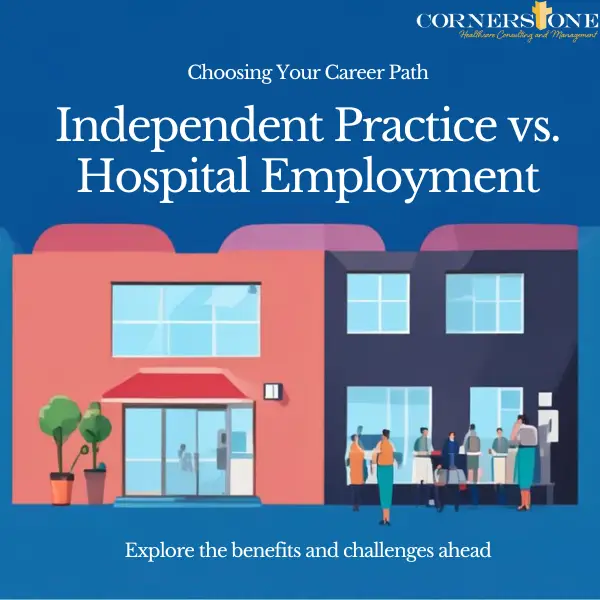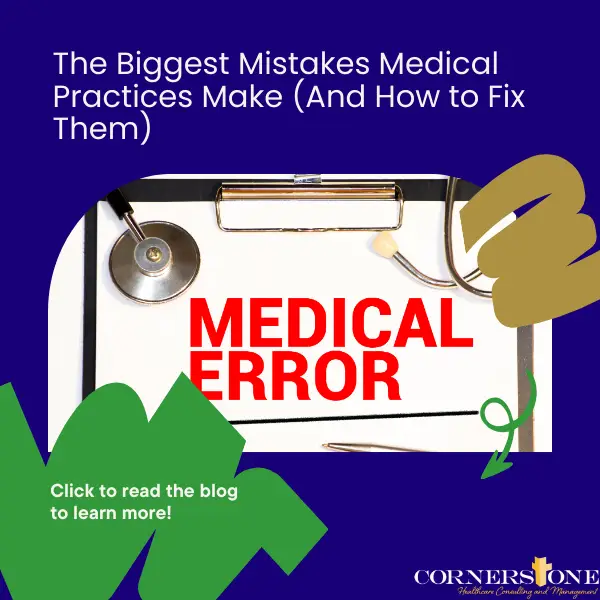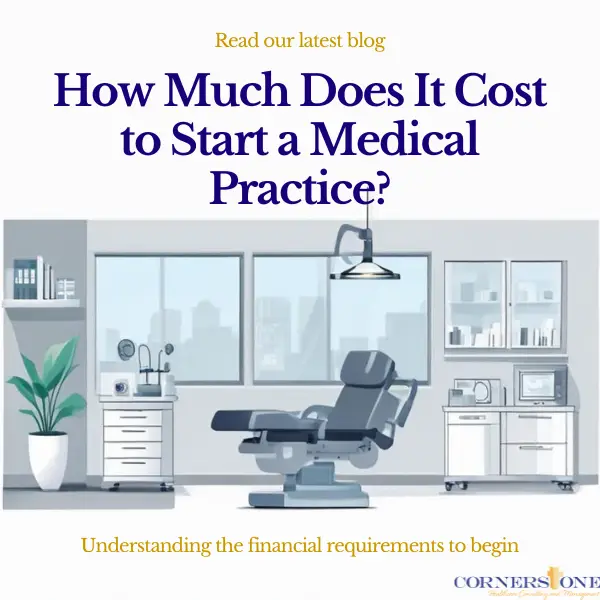Follow Us
RECENT POSTS
3 Unexpected Benefits of Independent Practice Beyond Autonomy
November 23, 2025
Your Roadmap to a Successful Independent Medical Practice
November 17, 2025

We are passionate about good medicine, high standards of care, and doing what is best for the patient.
Official info:
- LeRoy, New York
14482, United States - (585) 815-4007
- Monday to Friday
- 9:00 AM to 5:00 PM
Footer
Official info:
- (585) 815-4007
- LeRoy, New York
14482, United States - Monday to Friday
9:00 AM to 5:00 PM






